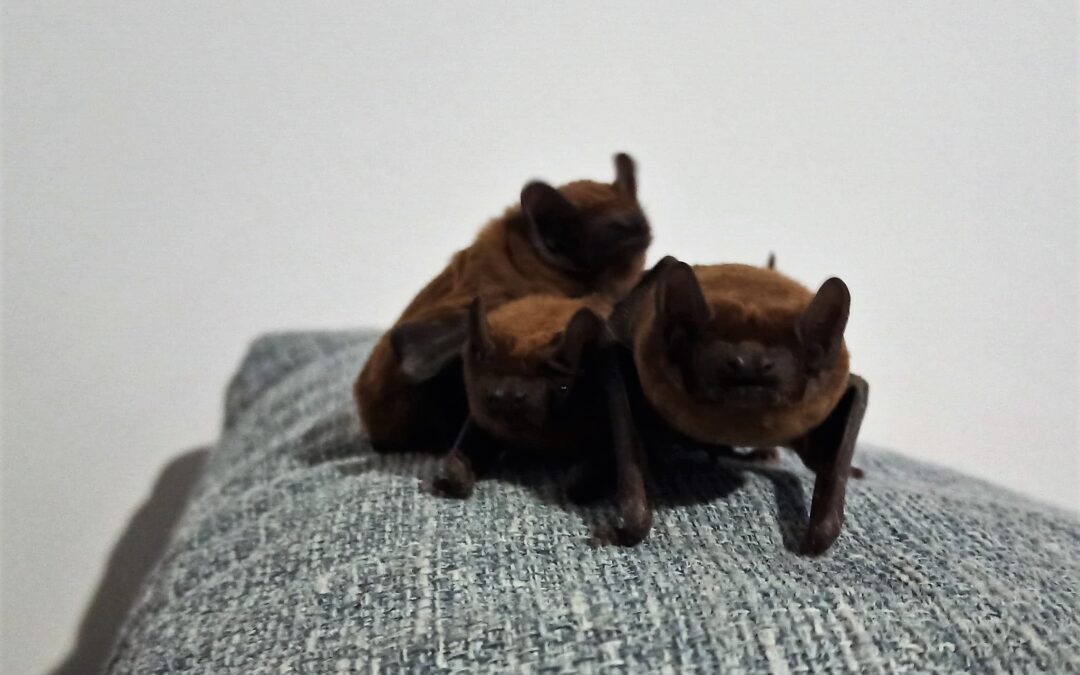A man returned to his apartment after a long absence to find that 18 bats had taken up residence, with most of them in a state of hibernation.
“They were in several places, but the largest group, I think 13 out of the 18, chose a pile of pillows next to the bed,” Marta Węgrzyn from the Avi Wildlife Treatment and Rehabilitation Centre in Opole told broadcaster TVN24. “They started waking up and then scurrying around the flat.”
“The gentleman who called us was surprised but very composed. People often panic in such situations, and I always reply that they are harmless to humans. They can bite only if stepped on or if you try to grab them with your hand,” she added.
According to Węgrzyn, the animals – common noctules, a species of insectivorous – entered the building in Opole, a city in southern Poland, through a faulty ventilation system.
Noctules usually between November to April, sometimes congregating in hibernation colonies of up to 1,000 individuals. According to UK’s conservation charity Woodland Trust, they primarily hibernate in trees but occasionally choose buildings, rock fissures and bat boxes.
“Safety precautions should always be kept in mind. Only people who have been vaccinated against rabies should work with bats. A blanket or other piece of cloth, possibly gloves, can be used to catch them. They must be handled gently and with tenderness. Bats are delicate creatures, they have thin bones,” said Węgrzyn.
The bats have been placed in a temporary enclosure but will soon be resettled in a special nesting box in a shed on the premises of the “Avi” Centre, where they can continue their hibernation.
“We will carry out a re-hibernation and the noctules will stay with us until March. Then, if they want to, they will leave the shed,” said Węgrzyn.
Main photo credit: Opolskie Centrum Leczenia i Rehabilitacji Dzikich Zwierząt “Avi” / Facebook

Alicja Ptak is deputy editor-in-chief of Notes from Poland and a multimedia journalist. She has written for Clean Energy Wire and The Times, and she hosts her own podcast, The Warsaw Wire, on Poland’s economy and energy sector. She previously worked for Reuters.




















